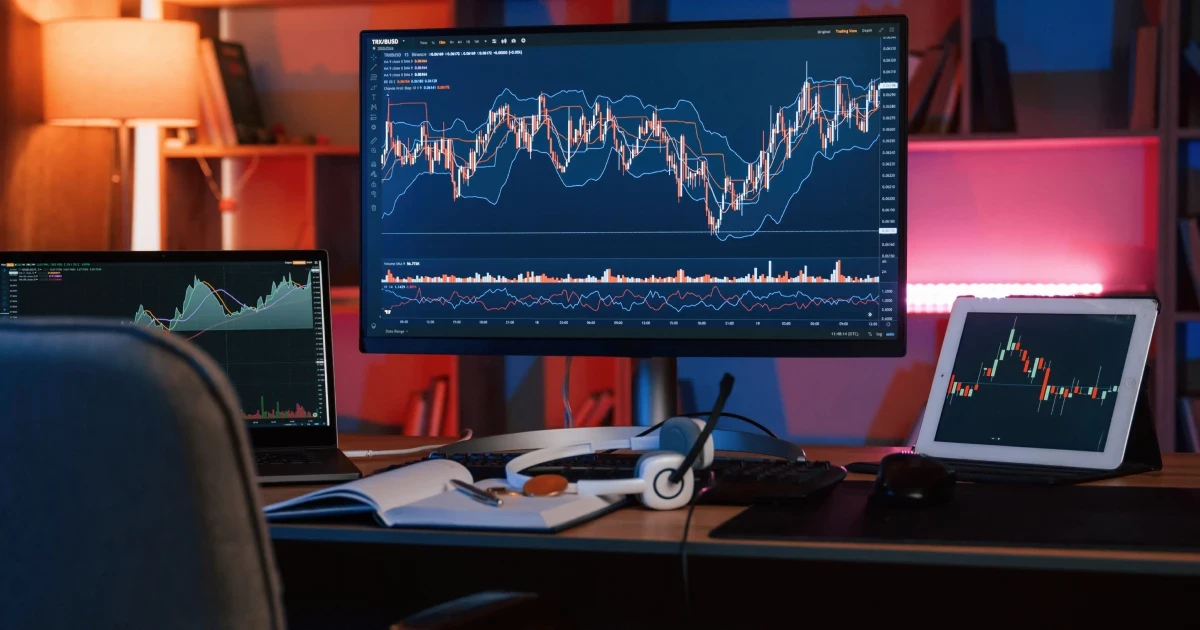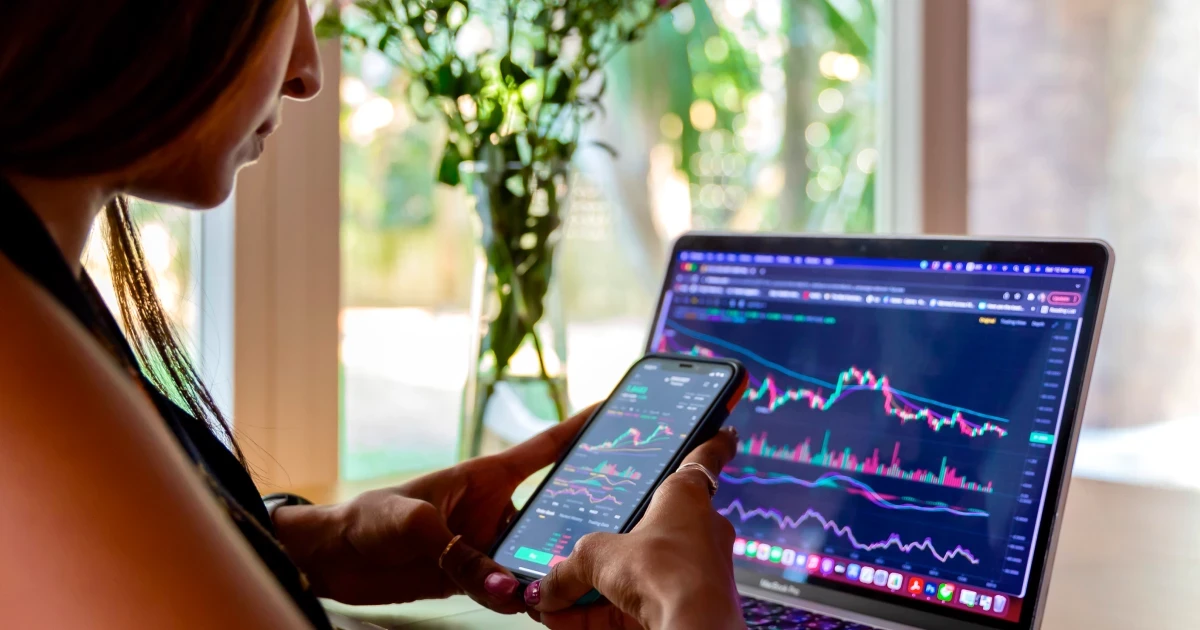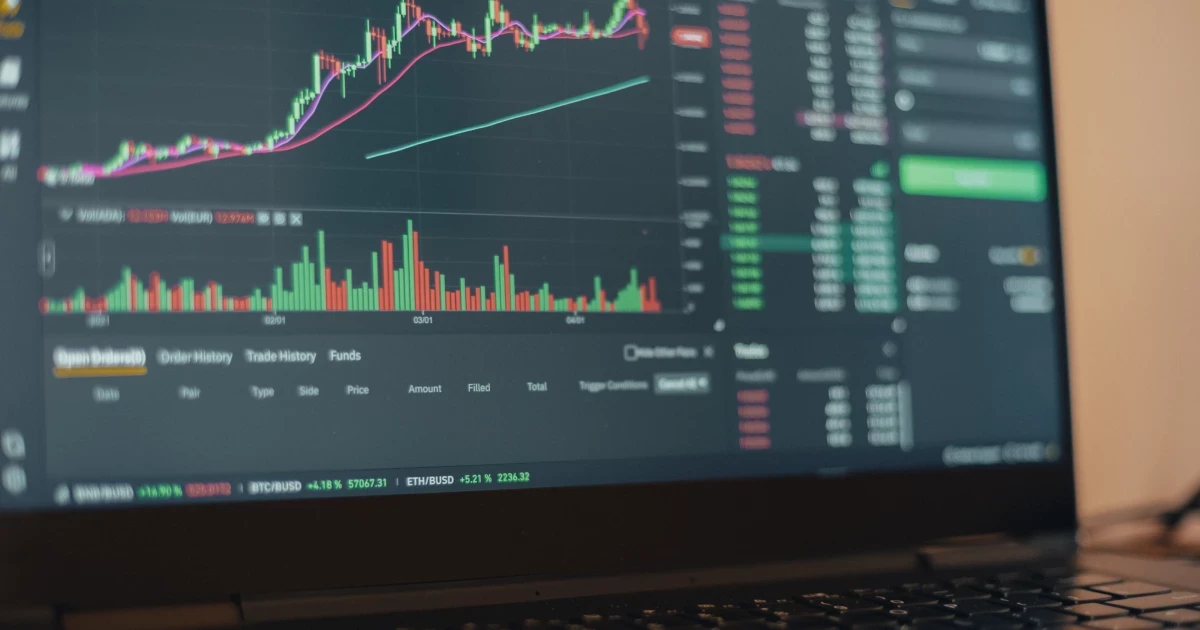Trading tips
One of the most exciting features of the forex market is that it operates 24 hours a day, five days a week. This global marketplace allows traders to engage in buying and selling currencies at almost any time. However, not all market hours are created equal. Understanding the different forex market sessions and how they impact trading is crucial for any trader looking to optimize their strategies and boost profitability.
In this blog post, we’ll break down the key forex market hours, how they affect trading conditions, and the best times to trade based on your trading style.
Forex Market Sessions: A Global Cycle
The forex market runs continuously from Monday to Friday, with trading sessions divided across different regions: Sydney, Tokyo, London, and New York. Each of these sessions has unique characteristics that influence market liquidity, volatility, and trade opportunities.
Here’s a look at the main forex market sessions:
Sydney Session (10:00 PM – 7:00 AM GMT)
The Sydney session kicks off the forex trading week. Although it’s considered a smaller market, it sets the tone for early trading activity in Asia. Traders who focus on currency pairs involving the AUD or NZD will find this session particularly active.
Tokyo Session (12:00 AM – 9:00 AM GMT)
As the Asian trading hub, the Tokyo session overlaps with Sydney’s, which increases liquidity during the early hours. Currency pairs involving the JPY, such as USD/JPY and EUR/JPY, tend to see more movement during this session.
London Session (8:00 AM – 5:00 PM GMT)
The London session is one of the most important in the forex market due to its high liquidity and overlap with both the Asian and New York sessions. Major currency pairs like EUR/USD, GBP/USD, and USD/CHF often see significant volatility during this session, creating numerous opportunities for traders.
New York Session (1:00 PM – 10:00 PM GMT)
The New York session overlaps with London for a few hours, making it the most active trading period of the day. U.S. economic data releases during this session often cause sharp movements in the forex market, especially for USD pairs like USD/CAD and USD/JPY.
Best Times to Trade Forex
While the forex market is open 24 hours a day, not all hours are equally beneficial for trading. The overlap between different market sessions—when two markets are open simultaneously—creates periods of higher liquidity and volatility, ideal for traders looking to capitalize on price movements.
High Volatility Opportunities
• London and New York Overlap: The most active period in forex trading is the overlap between the London and New York sessions. During these hours (from 1:00 PM to 5:00 PM GMT), traders experience the highest liquidity and the biggest price movements. For day traders and scalpers, this is often the best time to trade, as the increased volatility can lead to more substantial gains.
• Asian Session Pairs: If you prefer less volatility and a slower-paced market, the Asian session may be your best bet. Pairs like USD/JPY and AUD/JPY tend to have moderate volatility during the Tokyo session, which can be ideal for traders who prefer more stable market conditions.
Weekend Trading Add-On at Leveled Up Traders
One thing to keep in mind is that while the forex market closes on weekends, cryptocurrency markets remain open. At Leveled Up Traders, we offer a unique Weekend Trading Add-On, allowing you to continue trading crypto even after the forex market has closed. This is a great opportunity for traders looking to take advantage of the volatility in the crypto market while waiting for the forex markets to reopen.
Impact of Market Hours on Trading Strategies
Different market hours require different trading strategies. Understanding how market hours affect liquidity and volatility will help you choose the right strategy for the right time.
Day Traders
If you’re a day trader or scalper, you’ll want to trade during high-volatility periods, such as the overlap between the London and New York sessions. This overlap provides the most liquidity, which leads to faster executions and tighter spreads.
Swing Traders
For swing traders, understanding market hours is essential for timing your entries and exits. Swing traders often hold positions for several days, and the timing of your trade entries could mean the difference between entering at the start of a major market move or missing it entirely. You may want to initiate trades during the London or New York sessions when the markets are most active.
Long-Term Traders
If you’re a long-term trader focused on the bigger picture, market hours may have less of an impact on your strategy. However, you can still benefit from understanding when market-shaping news and economic reports are released, which often happens during the New York session.
Why It’s Important to Know When Economic News Drops
A significant portion of market volatility is driven by economic data releases. Central banks, governments, and major financial institutions release economic indicators—like interest rate decisions, inflation data, and employment reports—during specific trading hours. These events often happen during the London and New York sessions, which is another reason why these periods are so crucial.
To help you navigate high-impact news events, Leveled Up Traders offers a News Trading Add-On. This feature allows you to trade major news events without restrictions, helping you take advantage of the volatility that comes with these announcements.
Managing Risk Based on Market Hours
One of the most critical aspects of trading is understanding and managing risk. Different market hours can impact the levels of risk associated with each trade.
During Low-Liquidity Periods
Trading during off-peak hours, such as the late Sydney or early Tokyo sessions, often means lower liquidity, which can lead to wider spreads and less favorable trading conditions. Be cautious if trading during these periods and adjust your risk management strategies accordingly.
During High-Volatility Periods
The overlap between the London and New York sessions brings higher volatility, which can increase both the potential for profits and losses. Make sure you have solid risk management rules in place, such as stop-loss orders and position sizing strategies, to protect your capital during these times.
Conclusion: Maximize Your Trading Potential with Leveled Up Traders
Understanding forex market hours is essential for optimizing your trading strategy and maximizing profitability. Whether you’re day trading during high-volatility periods or planning longer-term trades around key economic releases, knowing the best times to trade is critical to your success.
At Leveled Up Traders, we offer various add-ons and tools to help you take advantage of the forex market’s unique opportunities. From News Trading to Weekend Trading, we provide traders with the flexibility they need to trade during the times that best suit their strategies.
Ready to take your trading to the next level? Sign up with Leveled Up Traders today and start making the most of the forex market’s 24-hour opportunities!





